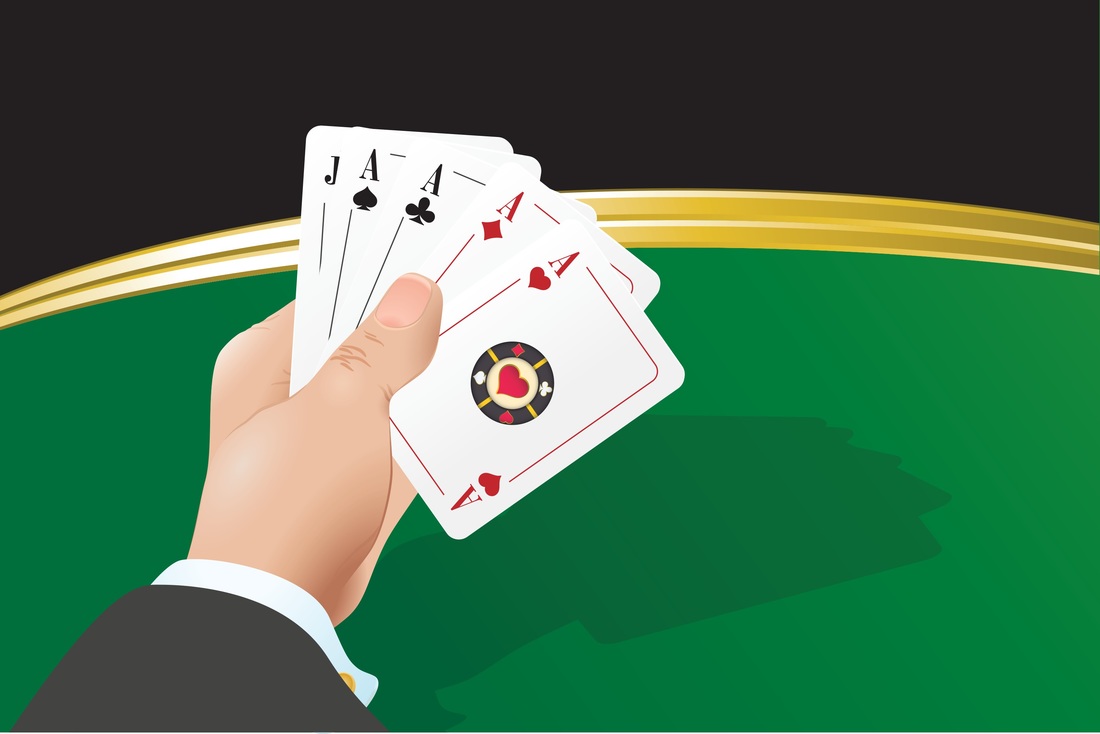Cycles are everywhere.
On a huge galactic scale, all the way down to molecules.
Even the idea of Pi is pretty amazing.
There’s a theory that human history is not really linear, but circular.
Sure, we keep getting better inventions, both scientific and types of government.
But if you look back far enough, you’ll see there are always times of peace, growth, war, collapse, and rebirth.
Individually, we have “good days” and “bad days.”
In statistics, one of the “tests” for randomness is the presence of “runs.”
Like if you toss a coin a hundred times in a row, it would be EXTREMELY unlikely to get one each of heads and tails.
Instead, it’s HIGHLY LIKELY to a get a bunch of heads in a row, and then later on a bunch of tails in a row.
In fact, this is the heart of most Las Vegas style betting systems. When you’re hot, (lots of wins in a row) bet a lot. When you’re on a losing streak (lots of losses in a row) bet the minimum.
But for some reason, when we’re trying to improve ourselves, it’s VERY EASY to get discouraged when we have a few losses in a row.
Sales that don’t convert, people that aren’t interested in talking to us socially, business ideas that crash and burn.
One of two common responses is easy, but not very helpful.
One is to give up. That’s probably the most common.
The other is to just shrug your shoulders and figure “the world” is broken, and there’s not much you can do.
This certainly makes us feel better. Nobody likes to feel like a failure. It’s much easier to blame things outside of our control.
But if you do this, then you’re missing out on very VALUABLE information.
Because every time you do ANYTHING, you get feedback.
Information that you can use to do better next time.
This is easy when you practice daily journaling.
Just write down what you did.
Write down what happened.
Then write down what ELSE you could have done differently.
Something in YOUR control.
Then imagine what would have happened if you did THAT instead.
Like maybe approaching that person sooner, or trying to close the deal in a slightly different way, or maybe say something a little bit differently.
Then take some time imagining THAT, as if it actually happened.
This way, ever single thing you do, whether you got the result you wanted or not, will help you learn.
Help you improve.
Which will make you feel a lot more in control, instead of at the mercy of the gods.
Try this strategy with whatever you want to learn, do, or become, and see what happens.
What skills would you like?
Get Them:



